Regional State of Social Enterprise Reports 2022
These reports look in more depth at the data from our State of Social Enterprise survey, exploring the social enterprise landscape in each English region. This includes which sectors social enterprises work in, who they employ, turnover, start-up rates, their environmental impact and the key challenges they face. The data also looks at social enterprises as employers, analyzing issues around diversity, employee engagement and pay.

North West
The North West is home to a mature regional ecosystem with social enterprises here tending to be well established. Less generate their income through trading and more have seen turnover decrease but social enterprise here are more likely to generate a profit.
They are more likely to pay the Living Wage and are more likely to have representatives of their local community on their Board.
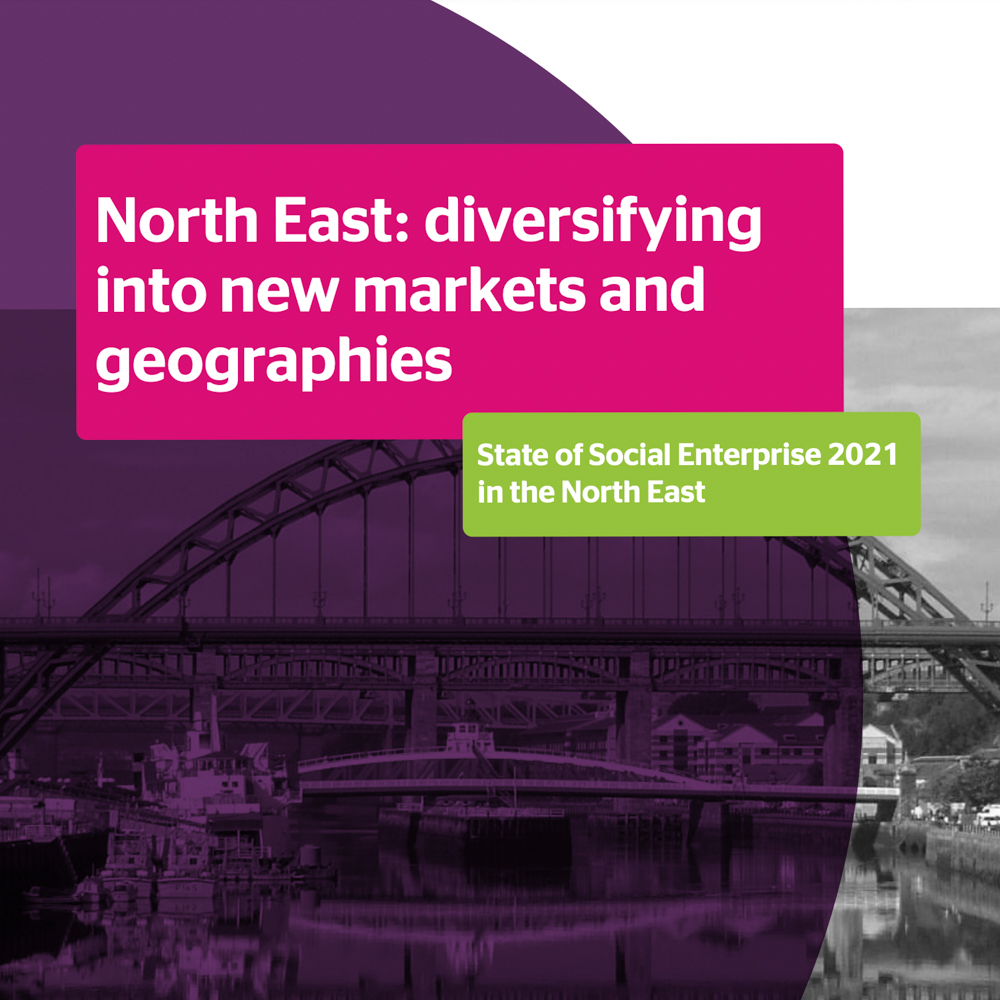
North East
The North East is more likely to be the home of long-established social enterprises but also has high start-up rates. Social enterprises here are doing well financially with half increasing their turnover in the last year.
North East businesses are more likely to be in the retail sector and mirroring this most generate income through trading with the public. Their staff teams are as, if not more, representative of the community they serve in terms of gender, ethnicity and disability.
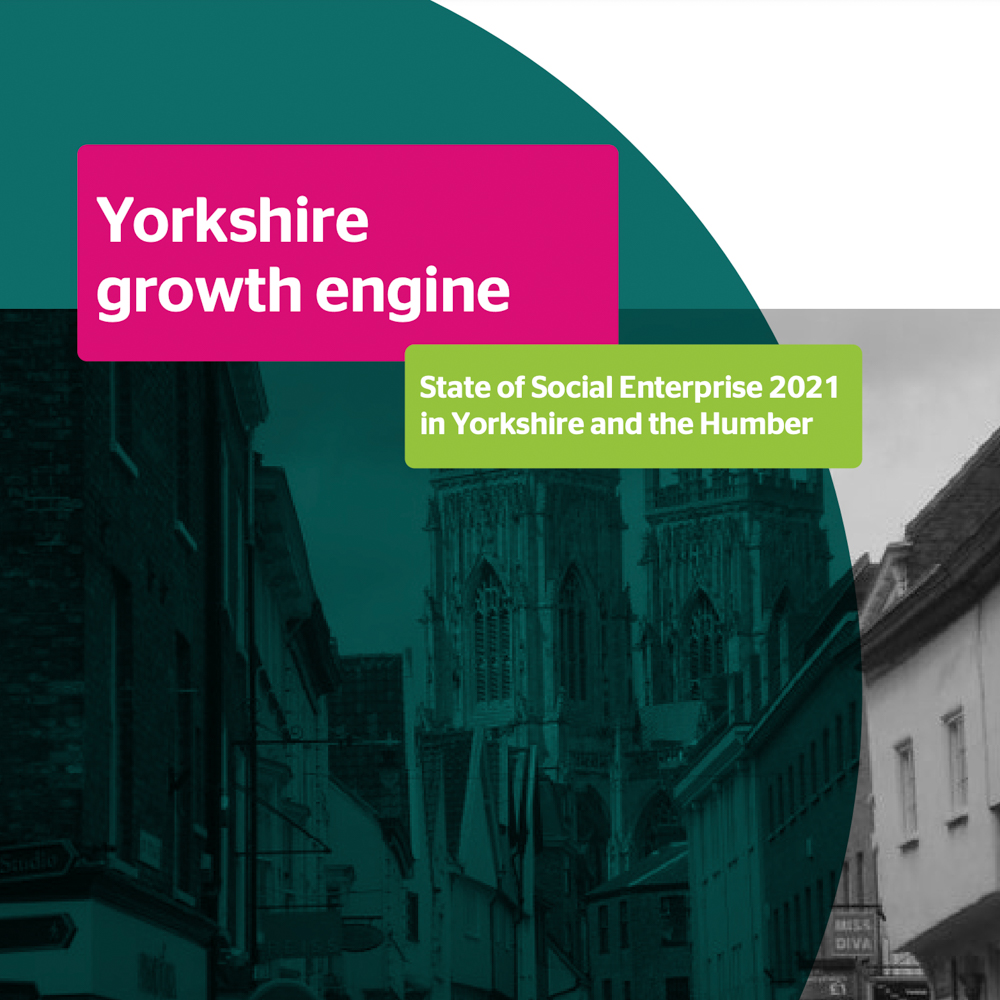
Yorkshire and Humber
Social enterprises in Yorkshire and Humber are more likely to have increased their turnover and have higher expectations for both turnover and staff growth.
More social enterprises here trade with the public sector and there was a higher increase in public sector trading in the region than elsewhere.
Yorkshire and Humber social enterprises are less likely to apply for finance but those that did are successful in raising more than their counterparts.
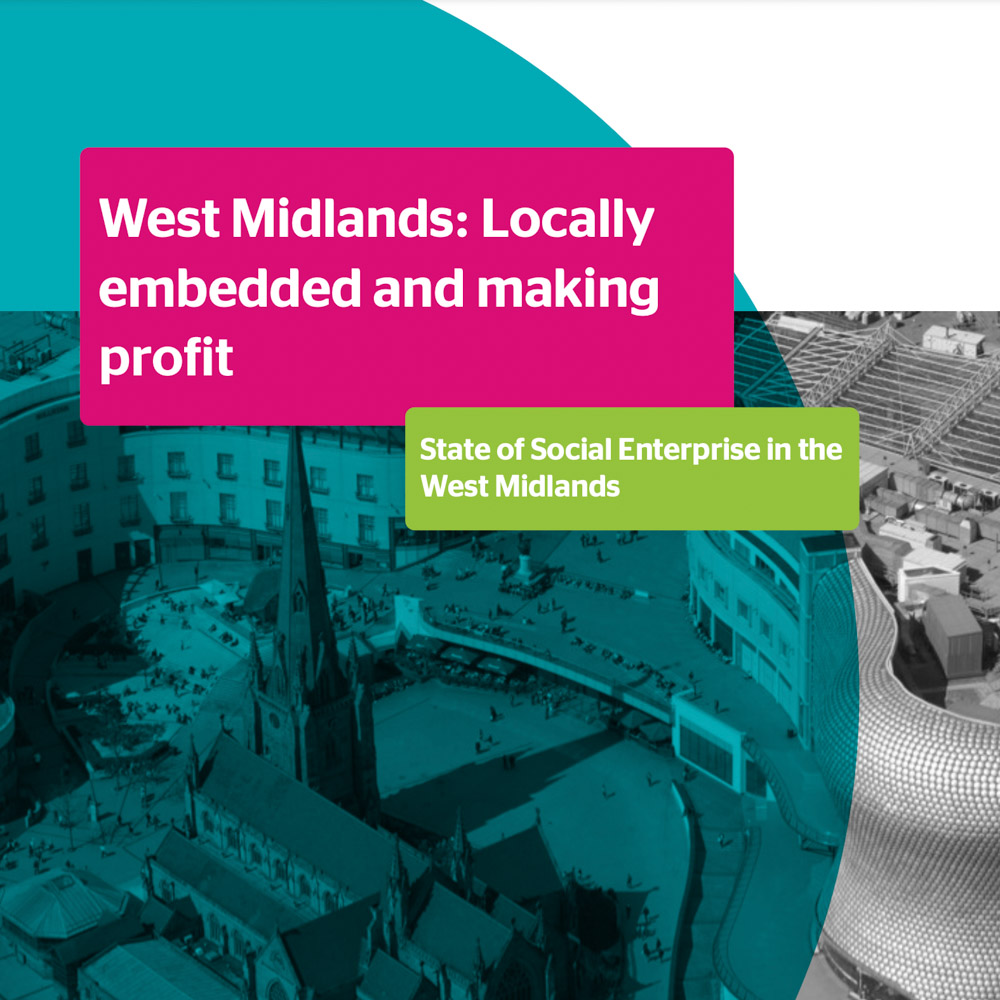
West Midlands
Social enterprises in the West Midlands have fared comparatively well over the last year – they were more likely than the UK average to have made a profit or surplus and more likely to have increased turnover. They also had a slightly higher average turnover than social enterprise nationwide.
They are more likely to be led by women and are also more likely to have representatives of their local communities on their Boards.
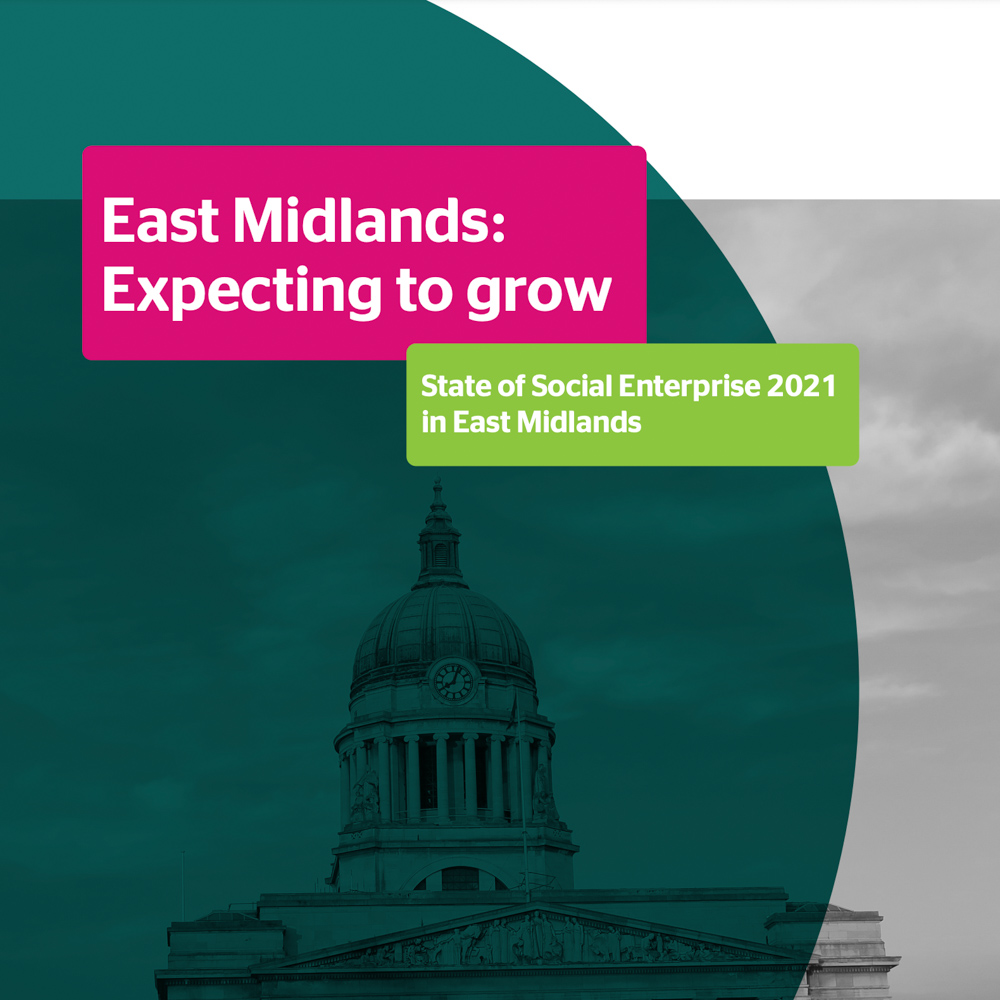
East Midlands
Social enterprises in the East Midlands are more likely to be start-ups. They have seen lower growth in turnover and staff but are anticipating growth in turnover.
Social enterprises in the region were more likely to be led by people from racialised communities. They are also more likely to be trading in the environmental sector, also prioritising social and environmental factors over cost when it comes to procurement.
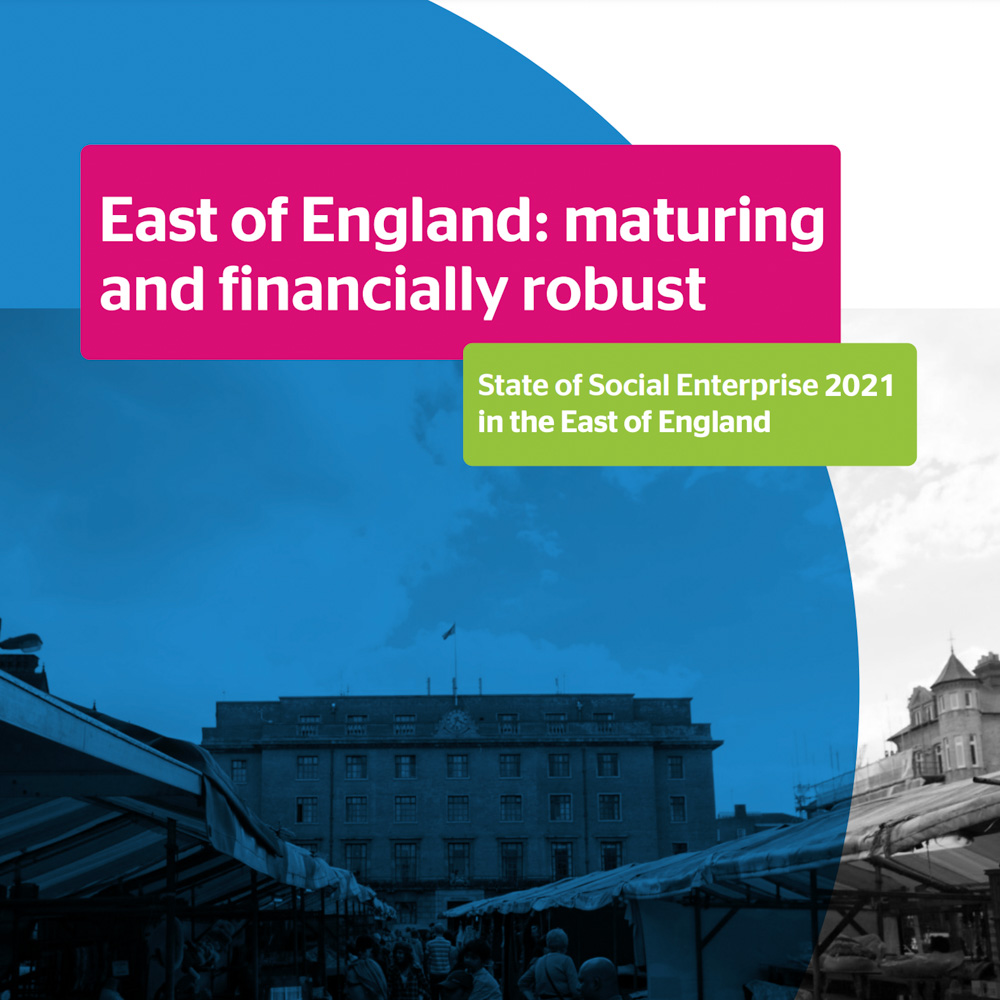
East of England
Over the last year 60% of social enterprises in the East of England made a profit and 54% increased their turnover. There are fewer medium-sized businesses in the region with larger and small social enterprises dominating the landscape.
The region has a higher than average proportion of health and social care social enterprises and a greater proportion of income was generated through trading with the public sector here.
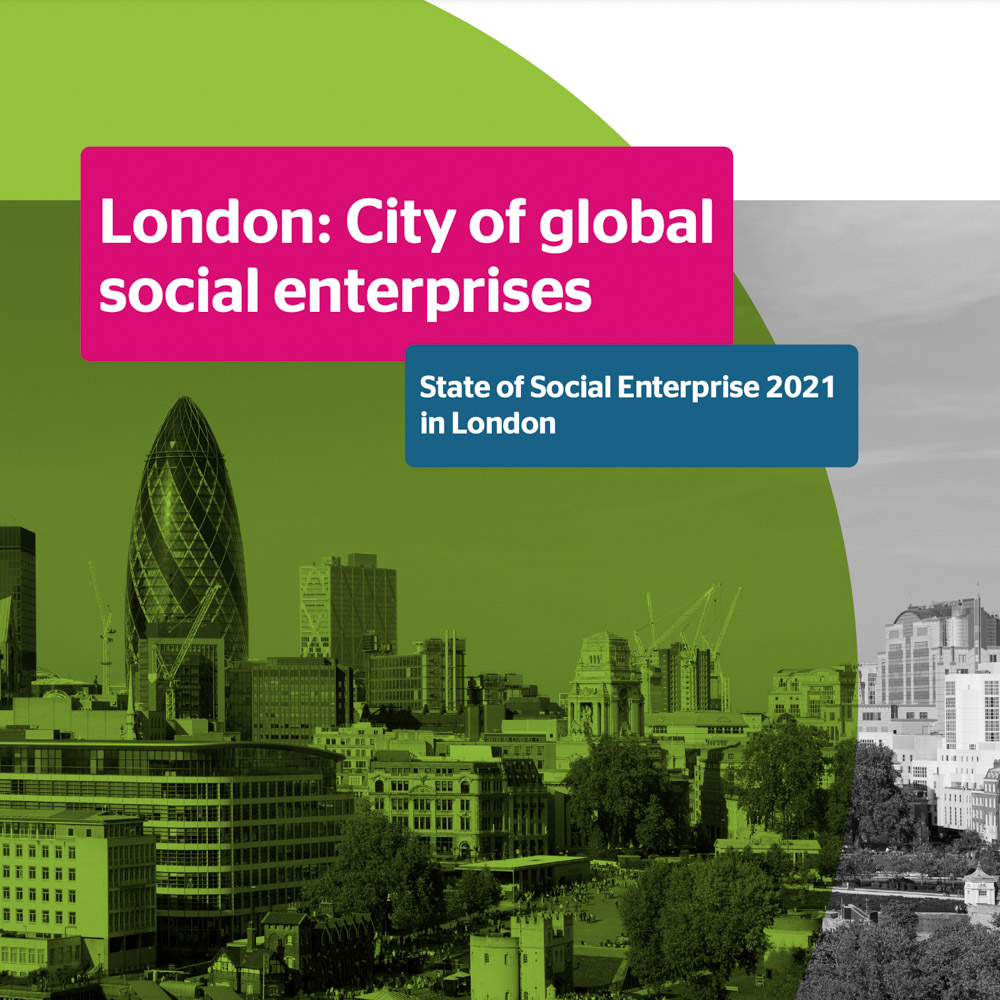
London
Social enterprises in the capital are significantly more likely to operate internationally. They are optimistic about growing their turnover and are also expecting to grow staff numbers.
They are more likely to apply for finance and also more successful in terms of the amount raised compared to the amount sought. London social enterprises are more likely to be addressing racism as a core objective.
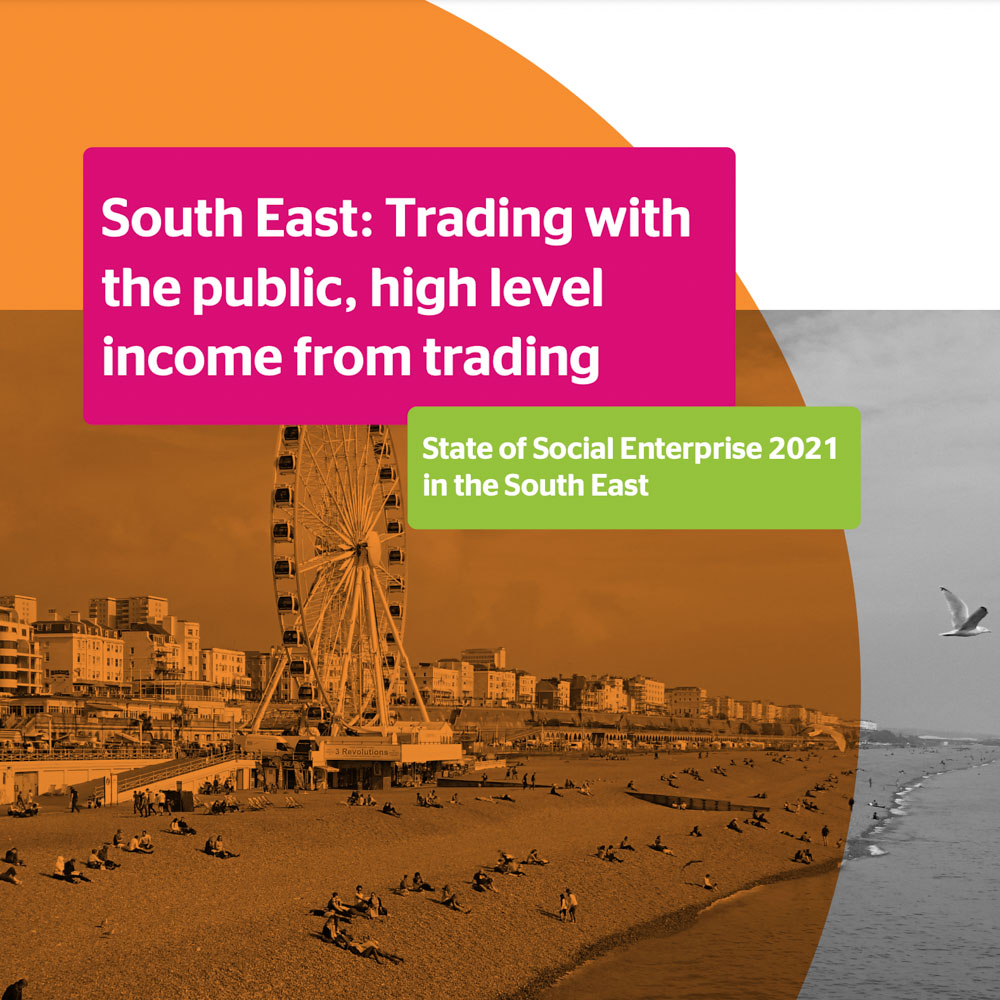
South East
Social enterprises in the South East generate 84% of their income through trading. They have a high average turnover of over £3 million and are more likely to operate beyond their local and regional base. Despite this, nearly two-thirds involve beneficiaries and their local community in organisational decision making.
They are, however, less likely to offer training or to involve staff in decision making. There has been a decrease in the proportion of social enterprises in the South East paying the Living Wage.

South West
Social enterprises in the South West are more likely to work with and generate revenue from other social enterprises. They are less likely to be small businesses with fewer in the region turning over less than £500,000.
The proportion of social enterprises in the South West paying the Living Wage is higher than the UK average for social enterprises. Social enterprises here are actively seeking finance but struggling to secure it.
